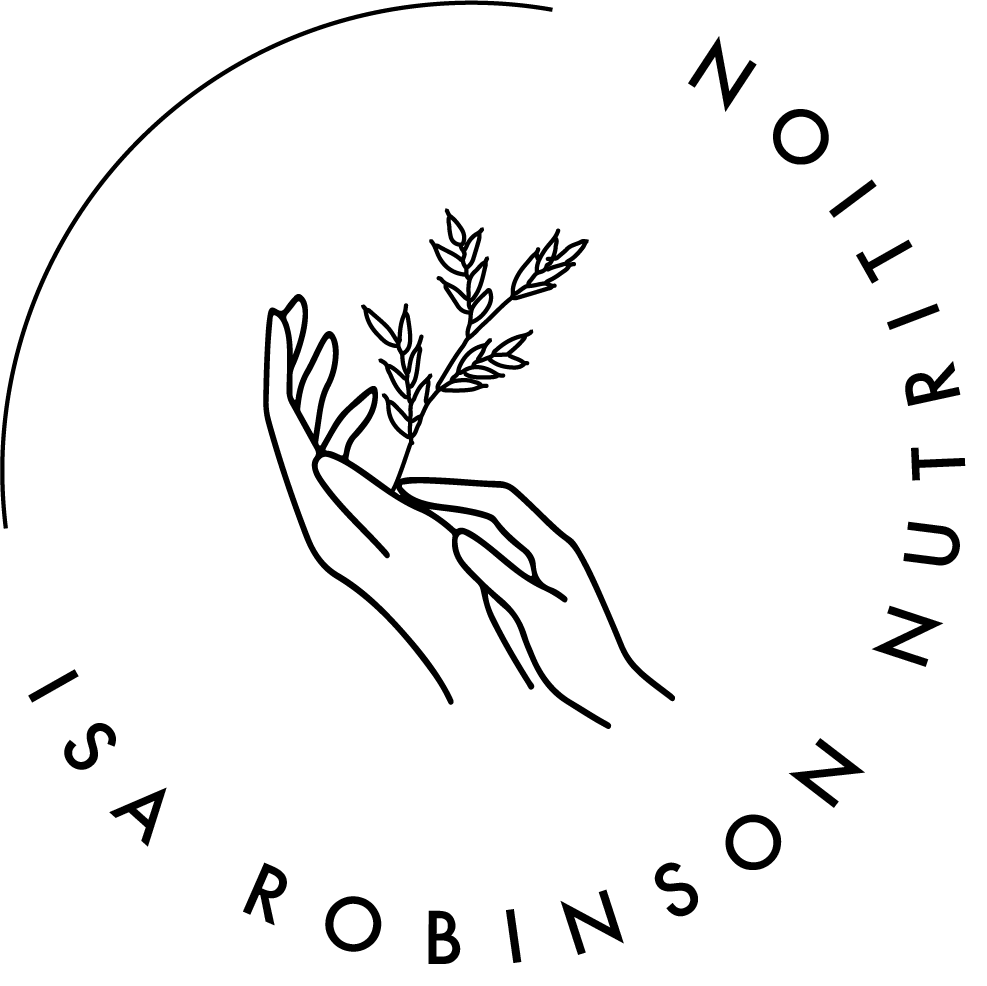Stress & IBS
Did you know that IBS is the most common disorder encountered by gastroenterologists suspected to impact 5-20% people worldwide (Park et al, 2015).
It is characterised by a collection of GIT symptoms such as diarrhoea, bloating, pain and constipation.
IBS is considered functional because there are rarely lesions (ulcers, wounds, tumours). A colonoscopy will usually appear normal.
If you are experiencing GIT disturbances, the first point of call is always the GP to rule out anything sinister.
BUT not so fast to blame gluten! Evidence indicates stress influences many GIT functions including (Pellissier and Bonaz, 2017):
Permeability (how leaky the gut is)
Secretions (release of digestive juices to break down food)
Sensitivity
Motility
Microbes
That’s a big list!
Interestingly, some research suggests up to 60% of IBS patients have co-occurring psychological problems like stress, anxiety and depression (Levy et al, 2006).
This doesn’t mean GIT disturbances are “all in your head”. In fact, as an IBS sufferer myself I’m sympathetic to often uncomfortable impacts it can have on everyday life.
What it does mean however, is that there may be some other ways we can manage symptoms without cutting things out of our diets.
Both stress management (therapy, meditation, active relaxation) and helping to endorse optimal gut health (fibre, probiotic foods, balanced diet) will be important.
This is because the relationship between the gut and brain is bidirectional. Disturbances in the gut may manifest in poor mental health and equally stress or poor mental health may result in symptoms in the gut.
It’s a fascinating area, but one thing we can probably all agree on is the need for stress management in our lightning speed modern-day lives, which is often only exacerbated by cutting out a whole lot of food groups.
References
Levy, R., Olden, K., Naliboff, B., Bradley, L., Francisconi, C., Drossman, D. and Creed, F. (2006). Psychosocial Aspects of the Functional Gastrointestinal Disorders. Gastroenterology, 130(5), pp.1447-1458.
Park, R., Mikami, S., LeClair, J., Bollom, A., Lembo, C., Sethi, S., Lembo, A., Jones, M., Cheng, V., Friedlander, E. and Nurko, S. (2015). Inpatient burden of childhood functional GI disorders in the USA: an analysis of national trends in the USA from 1997 to 2009. Neurogastroenterology & Motility, 27(5), pp.684-692.
Pellissier, S. and Bonaz, B. (2017). The Place of Stress and Emotions in the Irritable Bowel Syndrome. Anxiety, pp.327-354.
Pellissier, S., Dantzer, C., Mondillon, L., Trocme, C., Gauchez, A., Ducros, V., Mathieu, N., Toussaint, B., Fournier, A., Canini, F. and Bonaz, B. (2014). Relationship between Vagal Tone, Cortisol, TNF-Alpha, Epinephrine and Negative Affects in Crohn’s Disease and Irritable Bowel Syndrome. PLoS ONE, 9(9), p.p.105328.
